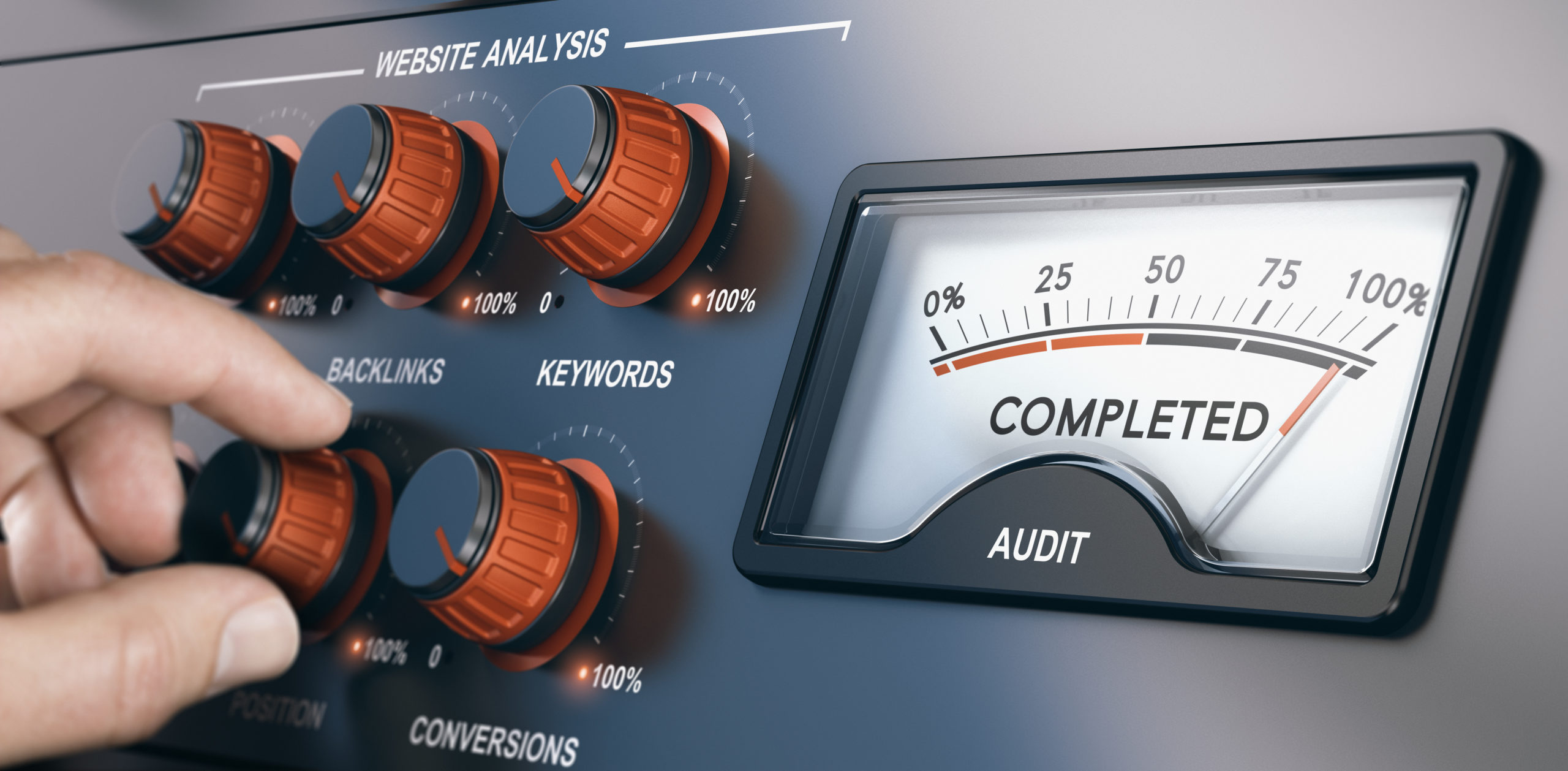Often times in website optimization we focus too much on what is on the page and the impact those elements have on conversions. One important element that is overlooked is website performance, which can be almost as important as what is on the page.
Today we are going to take a look at why you should be doing website performance optimization.
Website Performance Optimization – Why It’s Important
Attention spans are at an all-time low. A recent study showed that even in normal conversation, attention spans are only about 7 or 8 seconds. Online they are much worse. If your website performance isn’t up to par then your conversions will most certainly suffer.
To combat this we take a look at website performance and doing some website performance optimization.
A good rule of thumb is to make sure your pages and site load in under 3 seconds, or better yet, in under 2 seconds.
If your pages load quickly you can then let your sales message do the work it was intended to do. If your website performance is lacking, visitors will get frustrated and leave without engaging at all in your marketing message. This is why website performance optimization is crucial.
But how do you do it?
One way is to leverage tools like pingdom.com to analyze how fast your page loads.
Recently we analyzed a client’s site and found that their site was almost not usable at all. After further digging into the site we found that the page, although not that big in terms of file size, was loading at over 6 seconds.
With additional analysis, we found several elements that were causing a drag on their website performance.
1. They had a bunch of movement including background videos that were causing the page to stall when loading.
2. The images have massive file sizes, which adds to the friction of page load as well.
Some things you can do for website performance optimization in this case are…
1. Move videos to a CDN (content delivery network) such as Amazon S3 or Wistia so the videos load in the background, not on the actual site.
2. Make sure your hosting is up to par. Shared hosting can oftentimes be a big root cause of website performance.
3. Optimize images to create smaller file sizes. Smaller file sizes allow the page to load more quickly.
4. Look for other javascript errors or additional elements such as WordPress plugins that are causing issues and consider removing them
Keeping close tabs on your website performance and deploying a little bit of website performance optimization can help bring a better user experience to your visitors as well as increase conversions.
Take a look at your own site and see what areas you can improve. This goes for even the simplest of landing pages.
You might just be shocked at your findings.
Be sure to like, comment, share and subscribe.
If you want help figuring out what areas you need to optimize or maybe need a little help with website performance optimization, be sure to reach out for your no-obligation conversion acceleration session.




